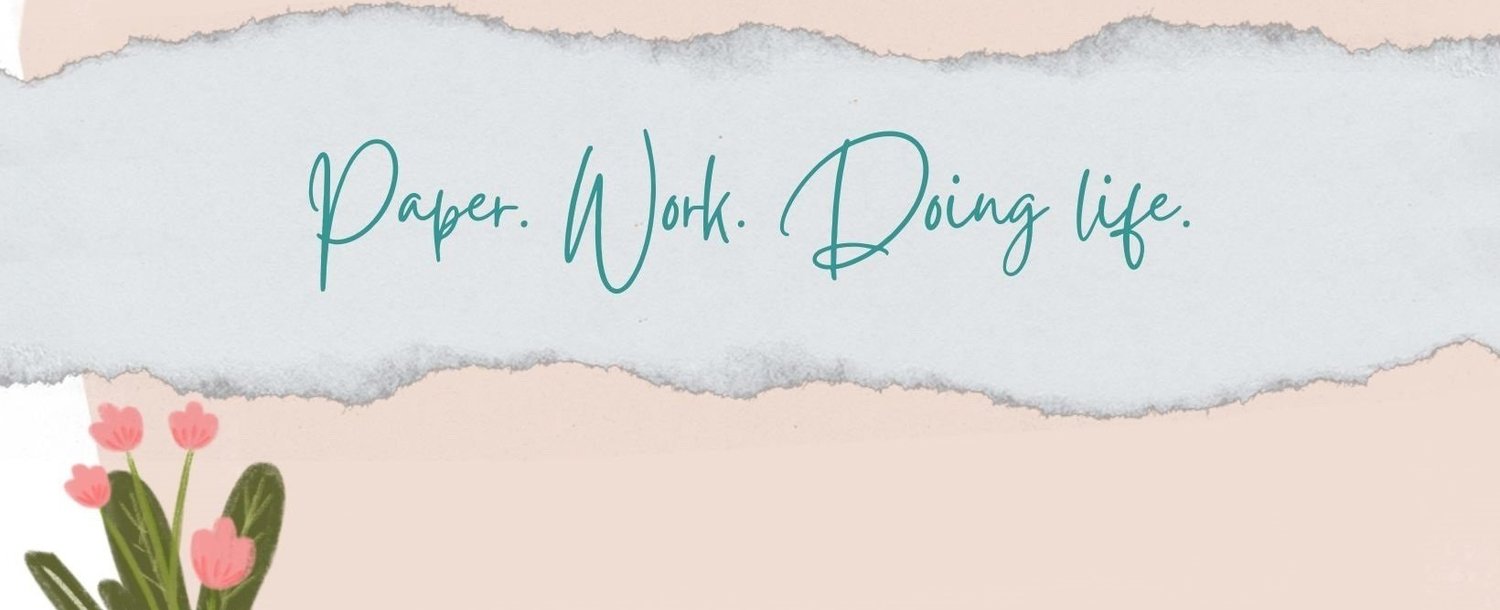Rewind To You - A Review
Johnston, Laura. Rewind to You. New York: Kensington Publishing Corp., 2014.
ISBN-13 978-1-60183-350-1
Sienna and Austin are two broken people who find each other unexpectedly on a hot summer’s night in Savannah. The pair is drawn to each other immediately, and in spite of her boyfriend and his future plans a romance begins. While the romance will likely engage my teenage readers, the other plot lines are also where meaning is found. Sienna is mourning the loss of her father in a tragic accident for which she blames herself. She suffers serious PTSD symptoms. Austin, too, mourns the loss of his father to prison and after a friend is caught with drugs in his car, is working to rebuild his own life on the back of a scholarship to play football for the Florida Gators.
Quite a few other problems plague these two. At times I thought, “Oh come on; you’ve got to be kidding,” but many students will be drawn to the drama of the conflicts. Also, several rather unbelievable coincidences move the plot along a bit too conveniently; however, again many students will be willing to overlook these because of the chemistry between these star crossed kids. The attraction between them is intense (& a bit exaggerated for an aging cynic like me), but the interactions between them are tasteful and suitable for most readers. The coming of age themes surely makes Rewind to You worth the read.
I think my Sarah Dessen fans will like this because of its beachy feel. Sienna also becomes a strong young lady throughout the course of the novel, which is also like Dessen. It looks to be available only in Kindle form right now, so I won't be able to lend the title. I can certainly recommend it to my avid readers.
